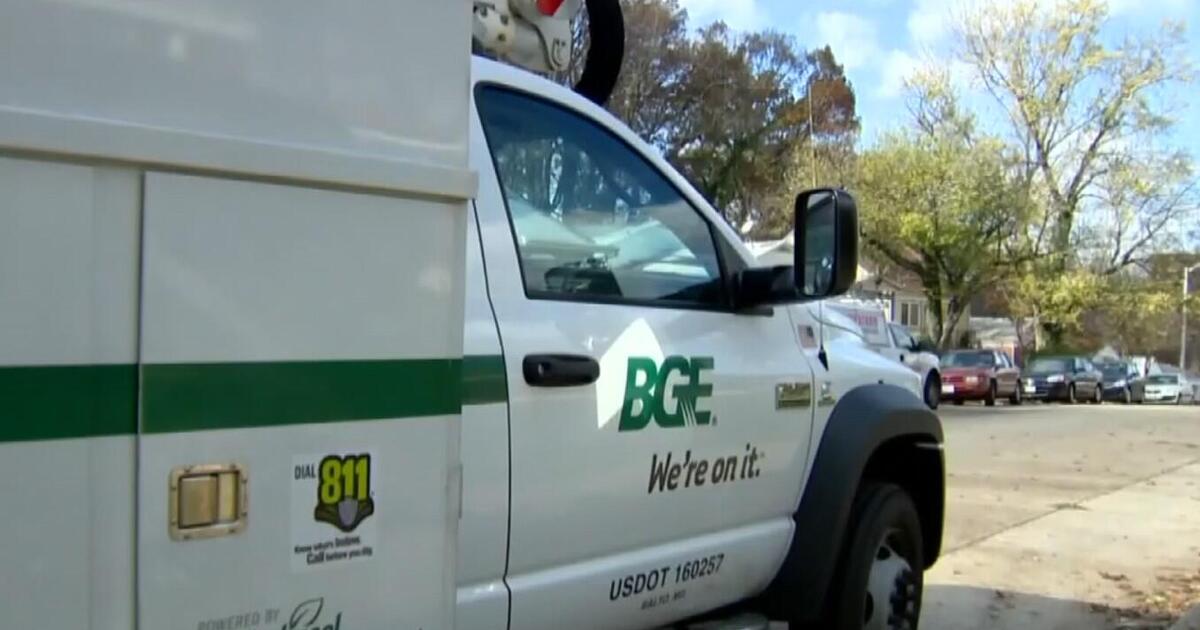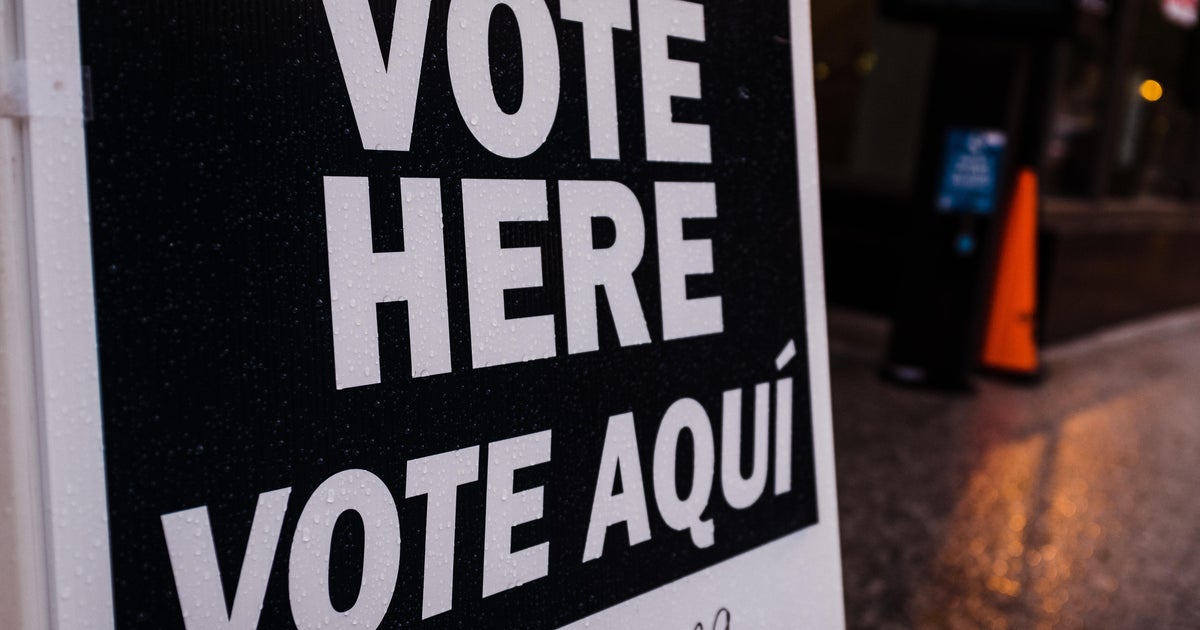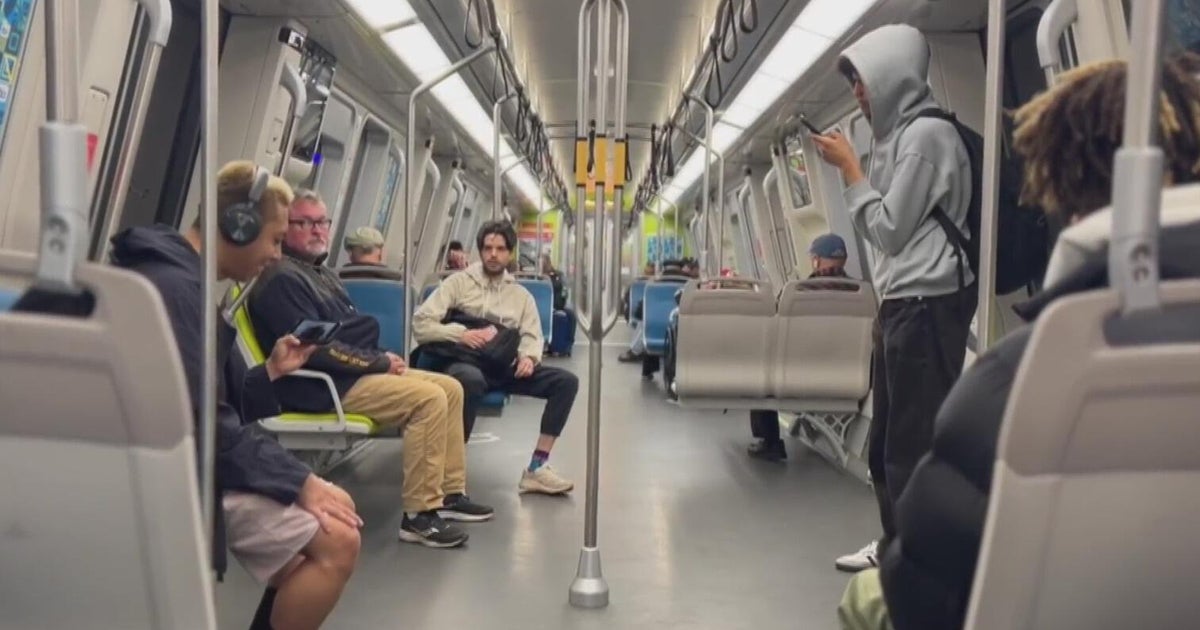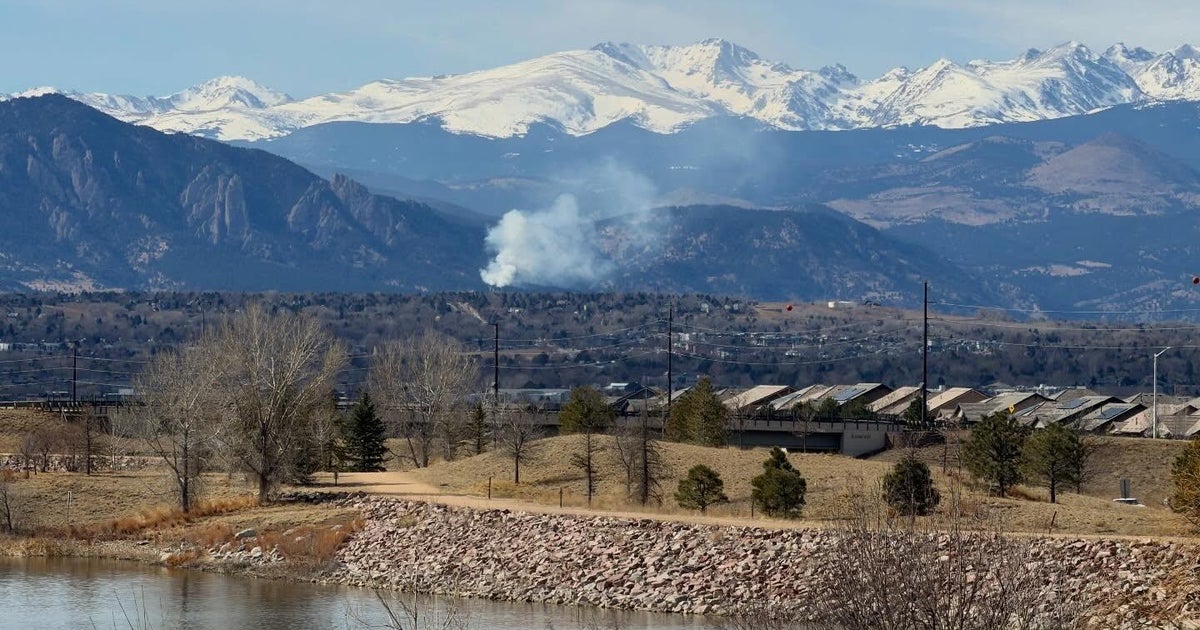Md. Voters Endure Bombardment Of Gambling Ads
OXON HILL, Md. (AP) -- The onslaught of ads over gambling expansion has been like no other in a Maryland political year, subjecting residents to rapid-fire television spots for and against Question 7. The barrage began long before ads for other ballot questions this year and has remained frenetic.
Gambling companies have spent more than $50 million so far on advertising, with less than two weeks to go before voters decide whether to approve table games such as blackjack and a Las Vegas-style casino near the nation's capital. That's compared with the $34 million campaigns spent in the 2006 Maryland governor's race -- previously the most expensive in state history.
Many voters say they've made up their minds and had enough of the ads.
"It'll bring jobs," said Terri Tolliver, who said she would vote in favor of the question during a recent outing to National Harbor, a waterfront retail and residential area in Prince George's County. That's where a casino will be built, just across the Potomac River from Washington, if voters approve. "It'll bring revenue. Why should we have to drive all the way to West Virginia to gamble, or someplace else, when it can be here?"
Opponents are just as prompt in saying how they plan to vote.
"I'd prefer not to have a lot more traffic," said Trish Villasenor, who lives at National Harbor, where a large banner supporting the expansion is fastened to a parking garage. "I think we're probably not ready yet for the traffic, probably not interested in that type of clientele here."
The spending on advertising illustrates how lucrative gambling companies think the market will be around the District of Columbia. Las Vegas-based MGM Resorts International, which is eyeing National Harbor for an $800 million casino and hotel, has spent $21.7 million on its campaign. Penn National Gaming Inc., which owns a casino in Perryville in northeastern Maryland and a casino in West Virginia that draws Maryland gamblers, has fueled the fight against expansion, spending more than $27 million.
Some who work at National Harbor believe a casino is just what is needed to boost business.
"We need something that's going to be that push, that `Pow!' Not just another restaurant, not just a small attraction for families that's only here during a season," said Michael Powell, a floor manager at McLoone's Pier House, on a slow afternoon on a deck by the water.
The Maryland General Assembly passed the legislation in an August special session, but voters get the final say. The legislation included a reduction in taxes for owners of five existing casinos, partly to make up for the added competition of the proposed sixth casino. All of the casinos would be able to have table games, if voters approve.
The tax reduction has some voters opposing the idea in a year when income taxes were raised on people who make more than $100,000 a year, and lawmakers doubled the state's flush-tax on sewer bills. Albert Almerraj, manager of the Safron Bakery Cafe in Hagerstown, said he probably wouldn't vote for the proposal, if the lower tax rate means the state will collect less money.
"If the revenue is going to go down from the gambling casinos to the state, it's not something I would consider voting for," Almerraj said. "The whole idea is to increase the revenue. God knows we need that right now."
Lawmakers who support the expansion contend the state will make more money, despite the tax cut, and keep Maryland gamblers away from casinos in neighboring states.
Some voters say they are not necessarily troubled by lowering the tax, one of the nation's highest on gambling.
"There are reasons that big businesses get tax breaks sometimes, and if them getting tax breaks brings additional tax revenue to the state, well, so be it. It's the better of two evils," said Steve Carbaugh of Elkridge, who plans to vote for the expansion.
Another point of contention that has been frequently noted in the ads is whether the state's proceeds will go to education. That bothers some voters who are skeptical about where the money will end up, after lawmakers in Annapolis shifted money around to fill budget holes during the recession and its aftermath. Other voters are confident at least a significant portion of the money will go toward helping to pay for one of the state's top expenses.
"Politicians always use schools to do different things, but you just hope that at least some, if not all, that they're promising go into schools," said Michael Senyoh of Hyattsville, who will vote for the expansion.
(Copyright 2012 by The Associated Press. All Rights Reserved.)

